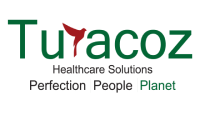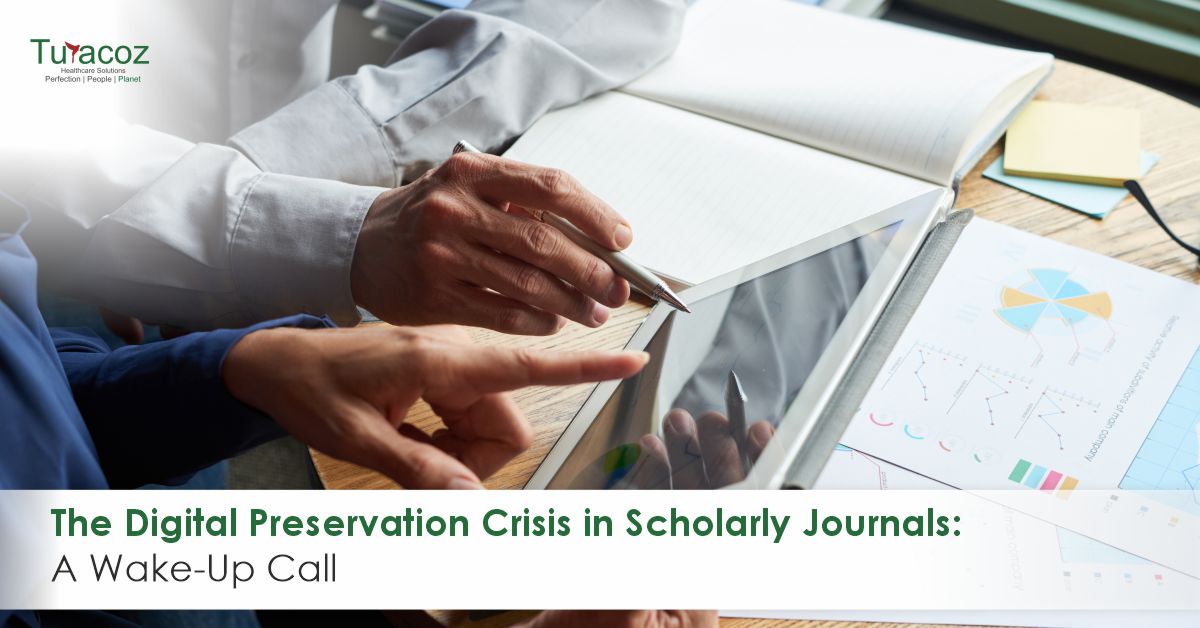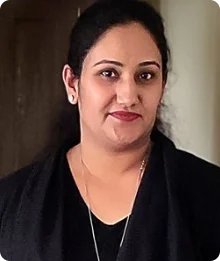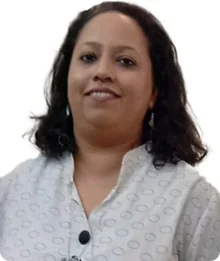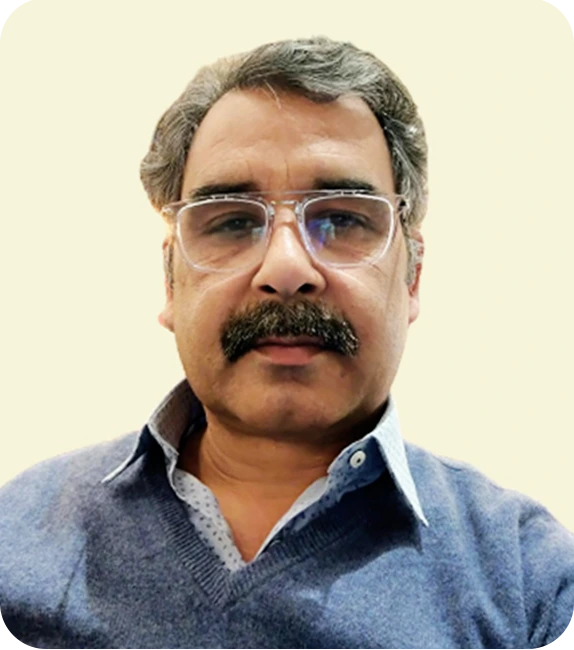In a recent study published by the Journal of Librarianship and Scholarly Communication, researchers have unveiled a stark reality that challenges the very foundation of academic integrity and accessibility. The paper, titled “Digital Scholarly Journals Are Poorly Preserved: A Study of 7 Million Articles,” serves as a critical alarm for libraries, publishers, and researchers alike, highlighting a significant preservation deficit in the digital scholarly community.
Digital preservation is crucial for maintaining the persistence of scholarly links and citations through the DOI (Digital Object Identifier) system. However, there has been a lack of comprehensive understanding regarding the extent to which articles assigned a DOI are preserved.
To bridge this knowledge gap, researchers constructed a database from original archival sources, examining the preservation statuses of 7,438,037 DOIs in a meticulously selected random sample.
Alarming Findings
The results of this study are alarming. Out of the over 7 million works examined, a mere 58.38% (4,342,368 works) were found in at least one archive. This leaves a staggering 27.64% (2,056,492 works) seemingly unpreserved, with an additional 13.98% of works excluded from the study due to various limitations such as recency, publication type, or insufficient metadata.
The Implications of Limited Preservation
The consequences of these findings are far-reaching. Considering only 0.96% of Crossref members confirmed to digitally preserve over 75% of their content in three or more archives, and a troubling 32.9% showing no adequate digital preservation efforts, the research community faces a dire challenge. This preservation deficit not only jeopardizes the longevity and accessibility of scholarly work but also undermines the reliability of academic citations and the progression of knowledge.
Amid the digital preservation crisis outlined by the recent study published, the role of medical writers has become increasingly significant. As professionals skilled in communicating complex scientific information clearly and accurately, medical writers are pivotal in ensuring that research findings reach their intended audience in a manner that is engaging and easy to understand. However, their role extends beyond mere writing; they play a crucial part in navigating the complex landscape of academic publishing.
Finding the Right Journal
The task of finding the right journal for a manuscript is crucial and complex, demanding more than just a cursory understanding of the research area. Medical writing professionals bring a comprehensive service to this task, utilizing their extensive knowledge of scientific communication and publication landscapes. They navigate through the vast sea of scientific journals to identify the most suitable publication platforms. This process involves evaluating the journal’s impact factor, audience, scope, and the compatibility of the manuscript’s subject matter with the journal’s focus.
Medical writers consider several key factors during this process. Firstly, they assess the journal’s reputation within the scientific community, ensuring it is recognized for its editorial quality and integrity. They also analyse the journal’s indexing status, as being indexed in prestigious databases enhances visibility and accessibility. Furthermore, they consider the publication timelines and open access options, balancing the need for timely publication with the potential benefits and costs of open access.
By meticulously selecting the right journal, medical writers ensure that the research not only contributes effectively to the scientific discourse but also reaches its intended audience. This strategic placement maximizes the impact of the research and secures its inclusion in academic and professional networks. It also ensures that the research is preserved in reputable, indexed databases, safeguarding its availability for future scholarly inquiry.
Protecting Against Predatory Publishing
In the field of scientific publishing, the threat of predatory journals is a significant concern. These journals, often masquerading as legitimate platforms, exploit the open-access publishing model without offering the fundamental services of peer review and editorial oversight. This not only endangers the quality and credibility of the research published but also the reputation of the authors involved. Predatory publishers target especially those researchers under pressure to publish, using deceptive practices to lure them into submitting their work.
Medical writers, equipped with a nuanced understanding of the publishing ecosystem, stand on the front lines in the fight against these unethical practices. They employ a rigorous vetting process to evaluate journals and publishers, looking for signs of credibility such as clear peer review processes, transparent editorial policies, and affiliation with reputable academic institutions or societies. Their expertise allows them to spot the subtle signs of predatory practices, such as unsolicited and overly flattering emails to authors, vague or non-existent submission guidelines, and rapid publication promises without clear peer review procedures.
Moreover, medical writers guide researchers through the complexities of copyright agreements and publication fees, ensuring that authors retain their rights and understand the financial aspects of publication. Their vigilance in identifying and avoiding predatory journals not only protects the integrity of the research but also shields the academic community from the fallout of associating with disreputable publishers.
Considering the digital preservation crisis, the role of medical writers in safeguarding against predatory publishing gains even greater significance. By ensuring that research is published in reputable, ethically sound journals, they contribute to the stability and reliability of the scientific record. This proactive approach is essential for maintaining the quality and accessibility of scholarly work, ensuring that it withstands the test of time and continues to advance the progression of scientific knowledge.
Conclusion
The escalating digital preservation crisis within scholarly journals brings to light an urgent need for the meticulous preservation of academic work and the assurance of its publication in reputable journals. In this intricate ecosystem, the role of medical writers emerges as both pivotal and multi-dimensional. These professionals do not merely facilitate the publication process; they serve as custodians of scientific integrity, guiding researchers with unparalleled expertise from the initial selection of the right journal to the critical safeguarding against predatory practices. Their contribution is indispensable in upholding the standards of scientific communication, thereby playing a significant role in the continued availability and reliability of scholarly work for future generations.
In navigating these challenges, researchers and academic institutions can find a powerful ally in Turacoz Healthcare Solutions. With a team of experienced medical writers, Turacoz offers comprehensive medical writing services that encompass all aspects of the publication process. From drafting and revising scientific manuscripts to selecting the most appropriate journals and navigating the complex landscape of open-access publishing, Turacoz ensures that your research not only meets but exceeds the highest standards of scientific publishing services.
Turacoz Healthcare Solutions specializes in identifying the most suitable journals for your research, emphasizing those with a strong reputation for integrity and quality. By doing so, they significantly mitigate the risks associated with predatory publishing, ensuring that your work contributes meaningfully to the scientific community and is preserved within credible, scholarly archives. Furthermore, their expertise in the latest trends and requirements of academic publishing provides an invaluable resource for achieving maximum visibility and impact for your research.
For those seeking to navigate the complex terrain of academic publishing with confidence, Turacoz Healthcare Solutions extends its expertise and support.
You can reach out to our team of dedicated professionals at info@turacoz.com to discover how our medical writing services can elevate your research, safeguard its integrity, and ensure its lasting contribution to the scientific community.
In conclusion, the digital preservation crisis in scholarly journals emphasizes not just the necessity of preserving academic work but also the critical role of ensuring its publication in reputable journals. The expertise of medical writers and the specialized support offered by Turacoz Healthcare Solutions in the arena of publishing scholarly articles and upholding research integrity are invaluable. As a medical writing agency we ensure the enduring legacy of scholarly work for generations to come.
